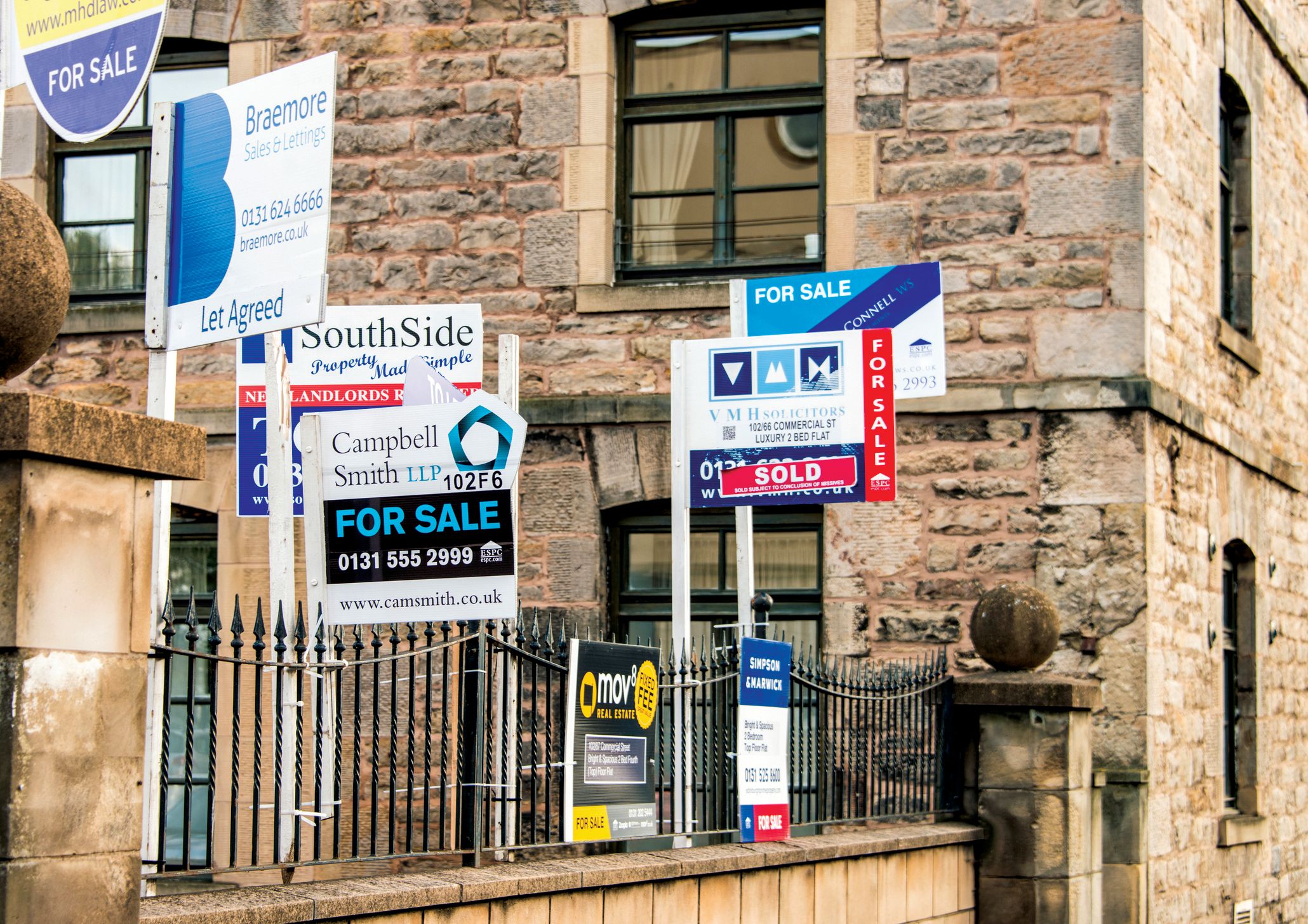
Private rents in the UK continued to rise at a far faster rate than inflation, with tenants seeing housing costs rises by 9.2% in the 12 months to March 2024.
This is an increase on the 9% annual increase recorded the previous month, according to the Office of National Statistics, and is the highest annual jump since this data was first collated in 2015.
These figures show that the biggest rent increases were in Scotland. Overall the average monthly rent paid in England now stands at £1,285, a 9.1% increase. In Wales the average rent is £727, a 9% increase while in Scotland the average rent is £947 — a 10.5% increase.
In Northern Ireland average rents increased by 10.1 per cent in the 12 months to January 2024.
Further regional breakdowns show that in England rent increases were highest in London at 11.2% over the past 12 months. The North East had the lowest average increase at 6.1%.
Properties in Kensington and Chelsea in London had the highest average monthly rents, at £3,305. The lowest average rents were in Dumfries and Galloway in Scotland, where tenants paid an monthly average of just £475.
Commenting on these figures Hargreaves Lansdown head of personal finance Sarah Coles says: “There’s no let-up in the squeeze on renters, as rents were up 9.2% in a year – a record since the data was first collected in 2015.”
She says recent figures from the Royal Institute of Chartered Surveyors (Rics) show why rents are continuing on this upward trajectory. “The number of new tenants has risen every single month since the market reopened after lockdown. Meanwhile, the number of landlords has been falling since summer 2022, and has only briefly been in positive territory for a handful of months since 2017.”
She adds: “Rising house prices and higher mortgage rates, coupled with tougher taxes and more stringent rules around letting property, means the numbers have stopped adding up for huge numbers of landlords, who have been gradually selling up and getting out of the business.”
She says that while these rules were aimed at protecting renters, with higher taxes designed to stop landlords buying up properties from potential first-time buyers, the result has been fewer landlords which is putting additional stresses on renters due to a lack of supply in the market.
Coles adds that while average private rents may be similar to mortgage payments households that rent typically earn less, leaving some of these households more financially vulnerable.
Former Rics residential chairman and north London estate agent Jeremy Leaf, says: “Rents are still rising in response to the continuing imbalance between supply and demand.” He adds that today’s announcement that the rate of inflation has fallen will provide some help for these tenants.



